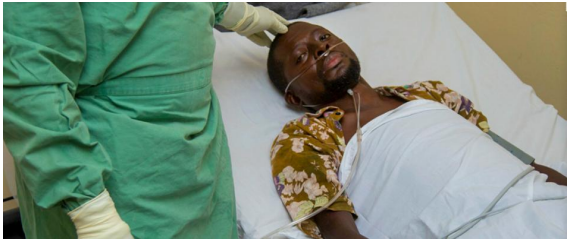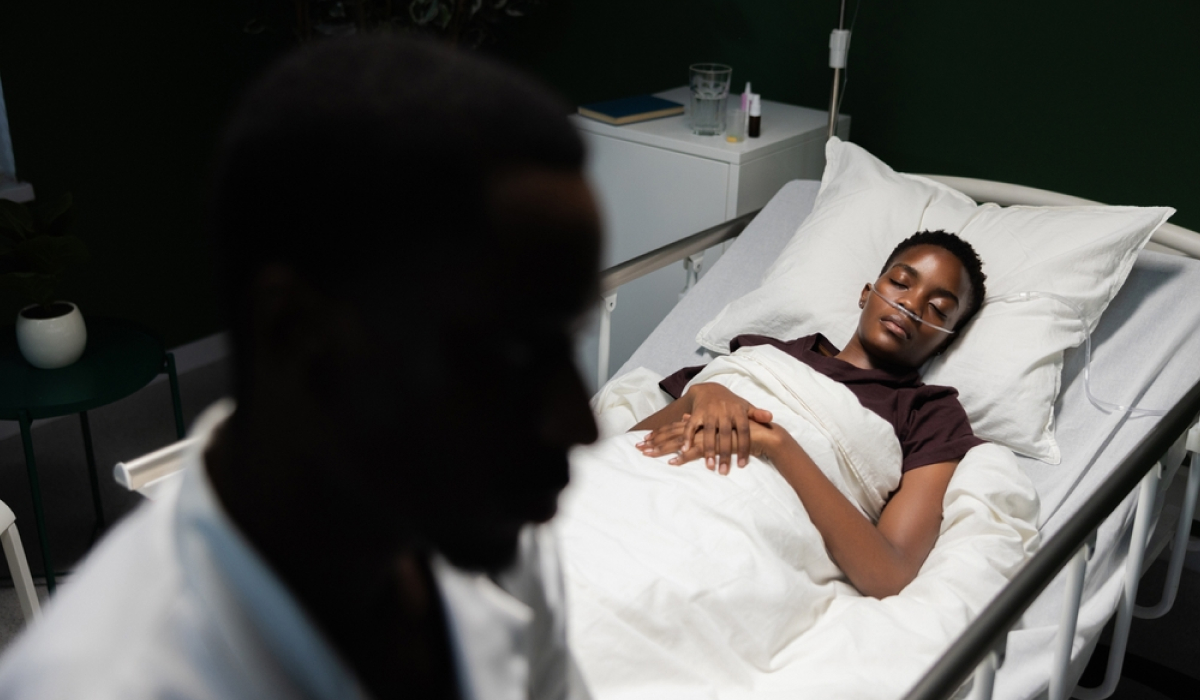A Medical Exodus: Why Thousands of Africans Are Leaving Home for Lifesaving
Treatment

In recent years, a concerning trend has emerged in Africa: thousands of patients are
leaving their home countries, not for a leisurely vacation, but in search of essential
medical care. From Nigeria to Kenya, and Ghana to Uganda, individuals are traveling
abroad to seek the hope, expertise, and advanced technology that they cannot find in
their local healthcare systems. Popular destinations include India, Turkey, the UAE, and
South Africa, where medical infrastructure is often more reliable and trustworthy.
This phenomenon, often overlooked in discussions about global healthcare, highlights a
critical issue—a medical exodus driven by failing health systems, inadequate
infrastructure, and a breakdown of public trust in domestic healthcare. Despite the rich
potential of Africa’s medical landscape, many patients are compelled to look beyond
their borders for the care they desperately need.
The Current State of Africa’s Healthcare System: A Silent Crisis
The reality of healthcare in Africa remains grim for many. Numerous obstacles hinder
individuals from receiving timely and effective medical attention. Here are some of the
key challenges facing the continent’s healthcare systems:
Infrastructure That Can’t Keep Up
Many hospitals across Africa are struggling with inadequate infrastructure. Issues such
as outdated equipment, lack of consistent electricity, and unreliable water supply
plague healthcare facilities, especially in rural areas. For instance, public hospitals
frequently lack essential imaging tools like MRI or CT scanners, and in major cities, lifesaving surgeries can be postponed due to equipment shortages or power outages.
Severe Shortage of Skilled Healthcare Workers
Despite accounting for 25% of the global disease burden, Africa has only 3% of the
world’s healthcare workforce. The doctor-to-patient ratios in countries like Malawi and
the Democratic Republic of Congo can be as low as 1 per 50,000 people. This shortage
is fueled by the emigration of qualified professionals to countries like the UK, US, and
Canada for better pay. Those who remain face overwhelming workloads, leading to
burnout and a decline in service quality.
Limited Access to Specialized and Advanced Care
For many Africans, access to specialized medical services such as cardiac surgeries,
cancer treatments, neuro-surgery, and infertility care is virtually non-existent. This lack
of availability, combined with prohibitive costs, leaves many individuals with few
options for critical treatments.
Why India Has Become Africa’s “Hospital Next Door”
In this search for reliable and affordable advanced healthcare, India has emerged as a
leading destination for African medical travelers. Each year, tens of thousands of
patients journey to Indian cities like Chennai, Mumbai, and Delhi for treatment.
What Makes India So Attractive?
Cost-effective Treatments: For example, a heart bypass in India costs approximately
$5,000—$7,000, significantly lower than the $20,000—$40,000 charged in the US or
Europe.
No Waiting Times: While many African patients endure long wait times for treatment,
Indian hospitals offer quick scheduling and prompt diagnoses.
World-class Facilities: Leading Indian healthcare institutions, such as Apollo, Fortis,
and Max Healthcare, boast internationally accredited facilities with cutting-edge
technology.
English-Speaking Doctors: The prevalence of English-speaking medical professionals
further eases the treatment journey for many African patients.
Tailored Medical Packages: Many Indian hospitals create specific medical packages
for African patients, which often include translation services, dietary considerations,
and travel arrangements.
The Hidden Cost of Medical Migration
While medical tourism can provide vital assistance, it often comes with significant
costs—both personal and systemic.
Financial Strain on Families
For many African families, traveling abroad for treatment can lead to financial
destitution. It may involve exhausting savings, selling properties, or taking on debt.
While treatments in India may be more affordable than in the West, the costs are still
substantial for the average citizen.
Draining Resources from Domestic Health Systems
The exodus of patients sends a clear message to local governments: a deep-seated lack
of trust in the healthcare system. As patients seek care abroad, it may exacerbate
existing issues within domestic healthcare, leading to an ongoing cycle of neglect and
decline.
The growing trend of medical migration among Africans is a stark reminder of the urgent
need to address the shortcomings in the continent’s healthcare systems. While
destinations like India offer hope and care, it is essential for local governments to
prioritize healthcare reforms and increase investment in local facilities, workforce
training, and public trust. Only then can we hope to retain the potential of Africa’s
medical landscape and ensure that individuals no longer have to leave their homeland
in search of lifesaving treatments
Written By Ifrah Shabih
